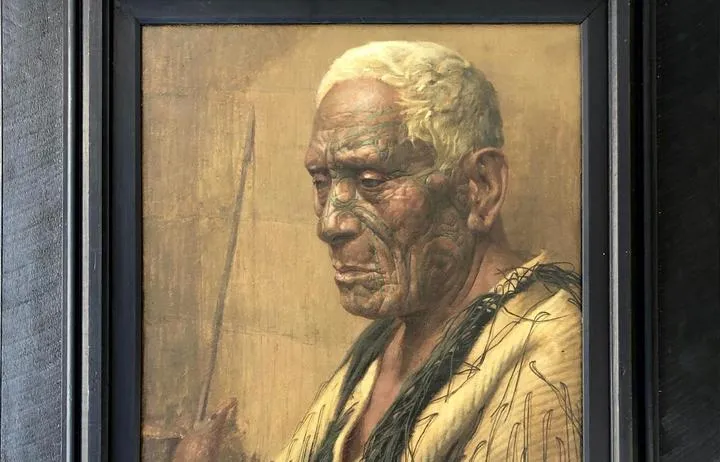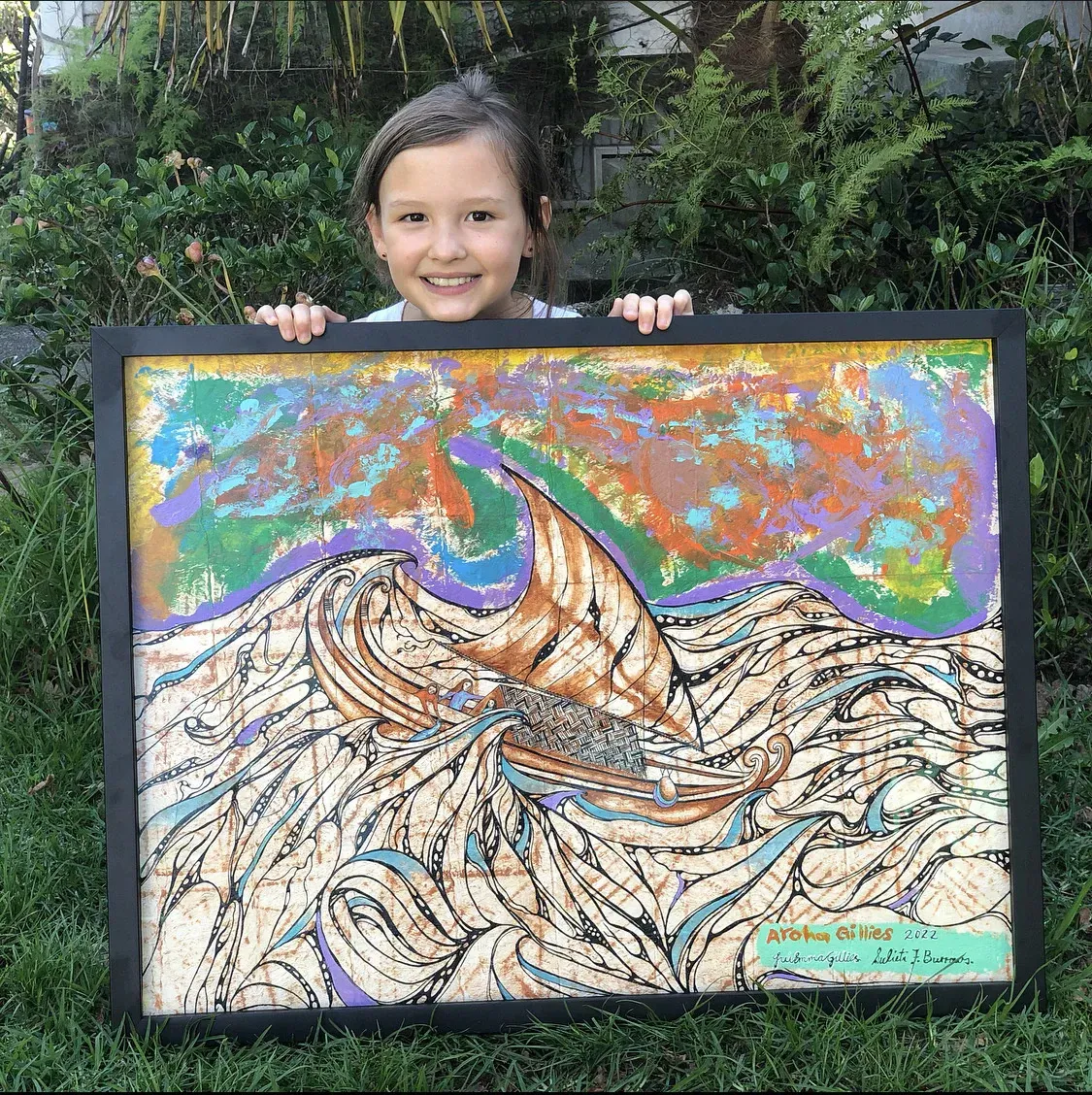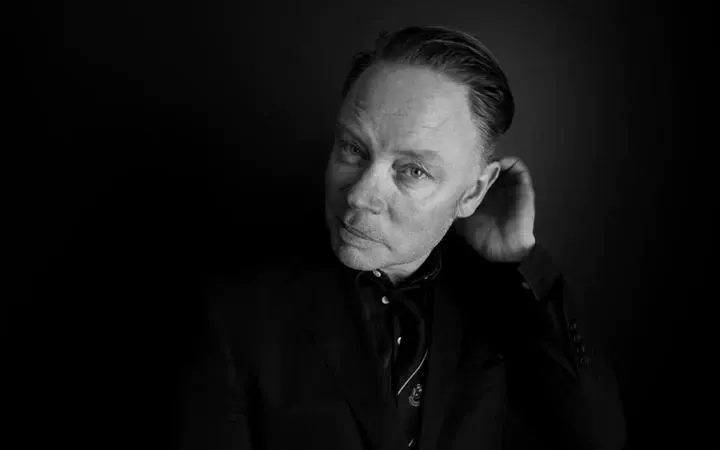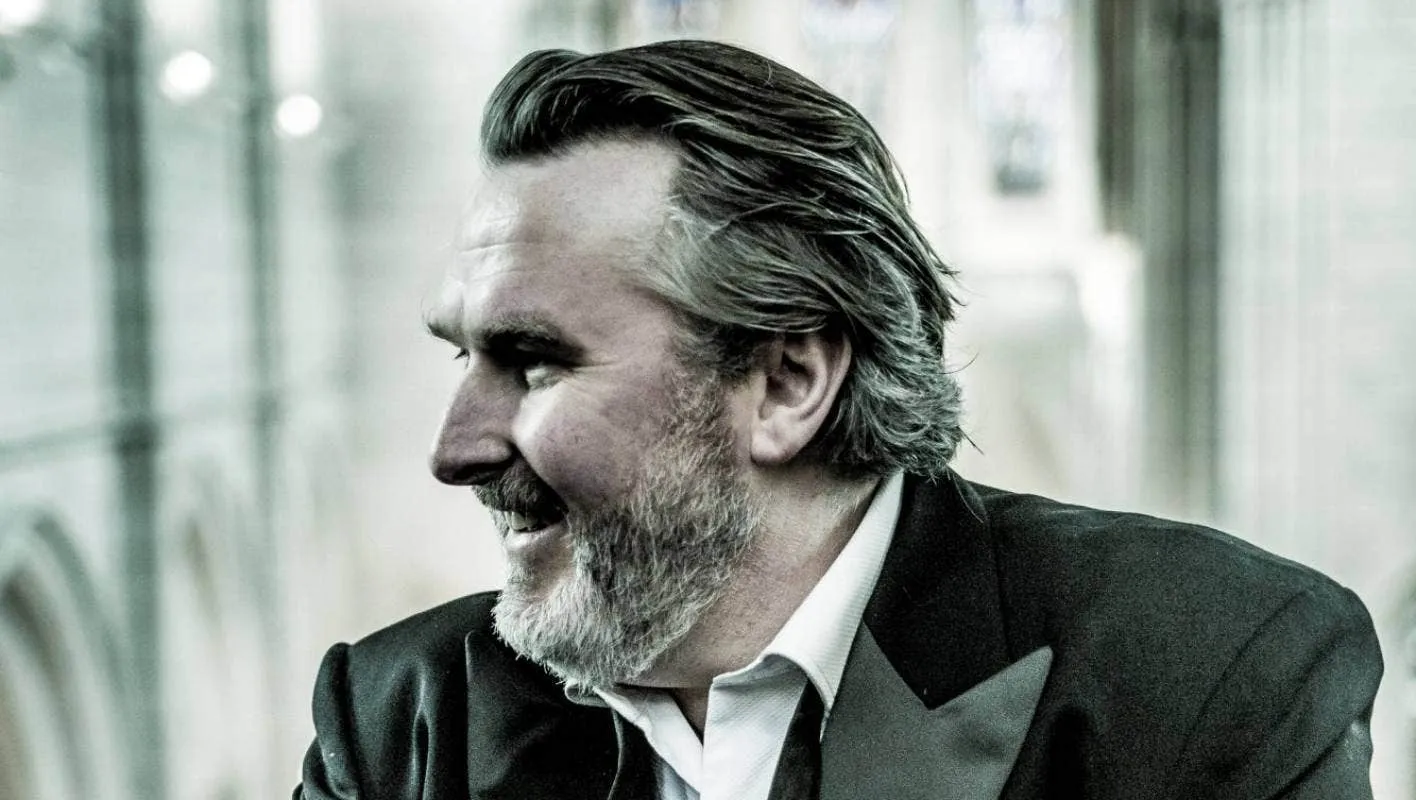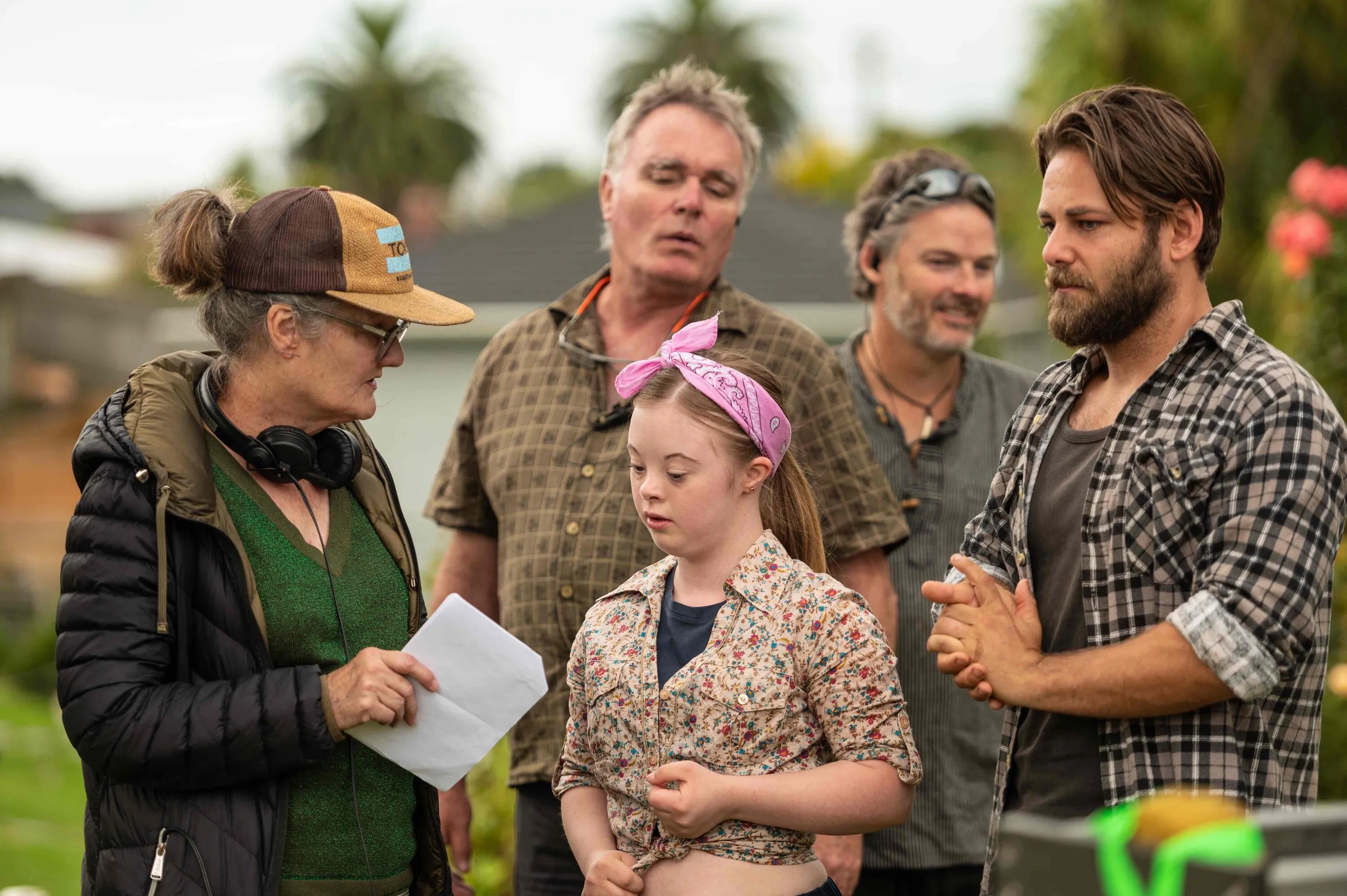Are Vaccine Passes Really Gone From Venues?
07 Apr 2022
We get The Lowdown on what the creative community really thinks of the unvaccinated being allowed back in venues, break down millions of dollars of funding and latest creative achievements.
Written by
The Big Idea Editor
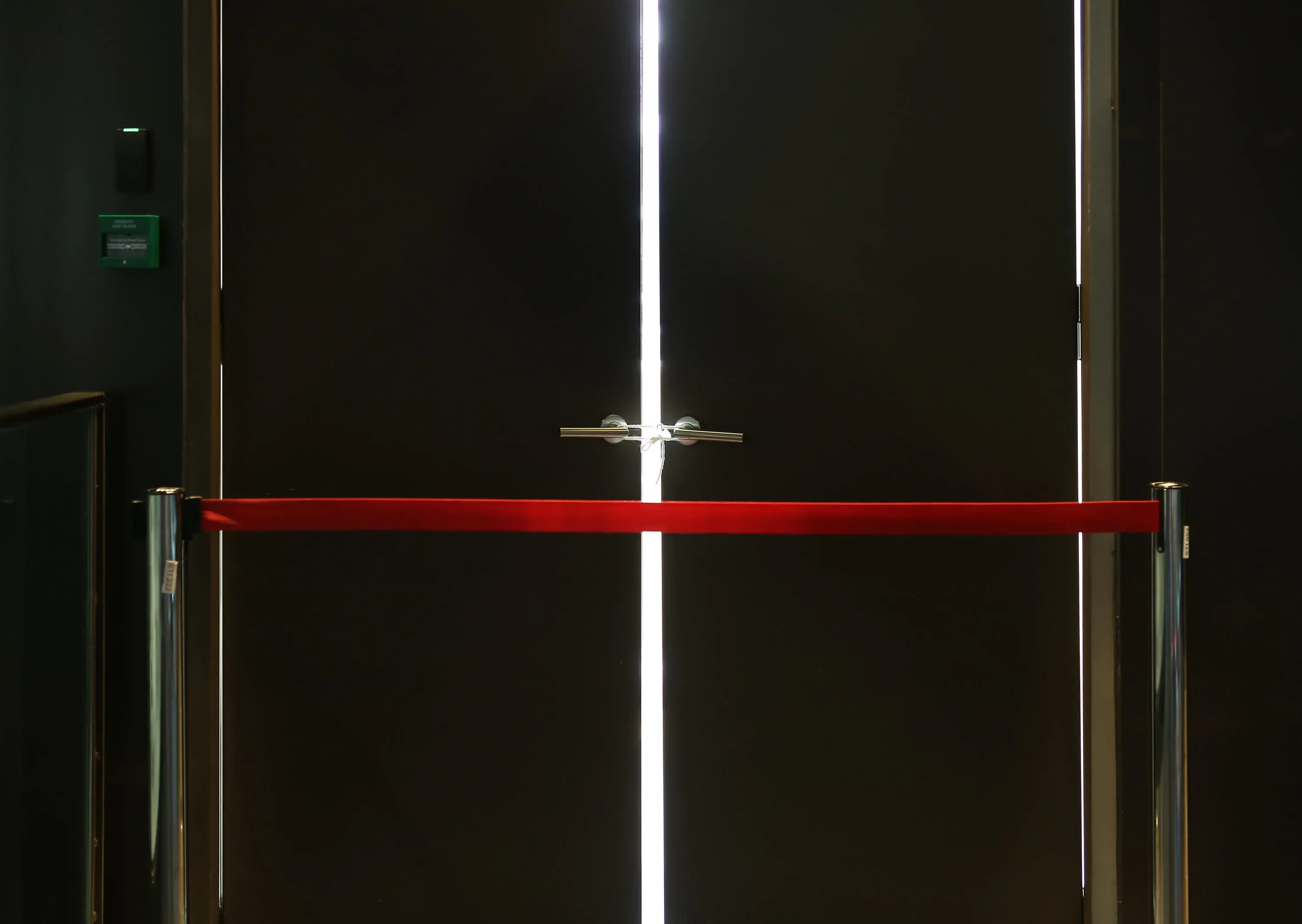
Love them or hate them - the Vaccine Passes look to be a thing of the past for the performing arts.
With the Government-driven requirement for entry lifted just days ago, the general attitude of those in the creative community whose livelihoods rely on audiences coming to venues is one of acceptance.
Being able to open their doors to anyone who wants to attend is one of the longstanding principles of the arts - one in which removing barriers to entry had been a catch cry prior to the pandemic.
And that’s not even taking the money factor into account. There won’t be any venues, theatre companies, performers or crew who have been hit in the pocket in the last few years - you can’t blame them for wanting bums on seats or sneakers in mosh pits.
Take Isaac Theatre Royal’s just-launched crowdfunding campaign as proof. Just like the public supported them to be the first public arts venue to reopen after the Christchurch earthquakes, they’re asking for donations to help them lift the curtain post COVID.
They’re not alone, many others have looked for fundraising support in recent times.
So Vaccine Passes (VPs) are no longer mandatory - but will they be optionally enforced, and can they do so?
Like most COVID-19 Framework adjustments, it’s as clear as mud. There’s a level of trepidation from some about what having vaccinated and unvaccinated mixing under their roof will mean - and whether the lack of surety will put some patrons off attending altogether.
The Lowdown spoke to multiple sources in a wide spectrum of roles in the industry - preferring to speak on the topic with anonymity.
Many theatres and venues have swiftly dropped the need for Vaccine Passes (VPs), including the likes of Auckland Theatre Company and Little Andromeda, while others such as Q Theatre are giving themselves time to make their decision - working out what the changes will mean to their specific venue.
Wellington’s BATS Theatre have confirmed to The Lowdown that they are investigating whether “vax nights” are of interest to patrons who may prefer to have the option to be part of fully vaccinated audience. Currently, they don’t require VPs for general shows but that will be constantly reviewed - everyone knows how often the goalposts get shifted these days.
None of these decisions are made in a vacuum. Virtually all the industry workers The Lowdown spoke to explained how there has been - and continues to be - consultation with the venue staff, performers, producers and audiences to find out what they’re comfortable with. Health and Safety risk assessments were always part of the fabric of performance venues before COVID’s arrival - it’s no different now, just more regularly reassessed.
Masks will still be encouraged - but hard to enforce once inside the venue - and the usual hand sanitizer and extra deep clean procedures will remain in place, by and large.
But as one highly placed source points out “with the high levels of vaccination, I don’t believe it’s that much of a risk scrapping them. They are less relevant now.”
Whether they were in favour of VPs being introduced in the first place or not, there is almost universal agreement that the process of enforcing them was hugely frustrating.
One industry insider The Lowdown spoke to detailed the rigmarole required extra security outside the venue, forcing ticket holders to queue up to have QR Codes and VPs scanned, ID’s checked and then tickets presented before even getting into the venue - hardly the setup required when your whole drawcard relies as much on the experience as the entertainment. “It was slow, a pain in the backside and I don’t think anyone who had to use it will miss doing it.”
So it’s back to just scanning tickets and in you go - but that’s not to say it’s business as usual.
Not by a long shot.
The feeling of frustration on Monday was palpable. The decision to stay at Red Light means there is still no respite for indoor entertainment and live performance venues - the 200 person audience cap that several Lowdown sources called “barely workable”, remains.
The uncertainty and the lack of a clear path forward is certainly getting to many in the industry. “If you’re going to drop to Orange (which would scrap the indoor limits), we still need time to plan and get everything ready,” one source explained.
Some shows or promotions can’t or won’t operate until the restrictions are lifted - it’s just not financially viable.
Case in point; Royal New Zealand Ballet made a quick call after Monday’s lack of Traffic Light movement - forced to cancel the national tour of Swan Lake that was due to take place during May and June.
Executive Director Lester McGrath states “simply put, we have passed the point of no return to be able to successfully stage and tour Swan Lake, even if restrictions ease further in coming days or weeks.
“It was important that we made a call about our tour before getting any further into rehearsals, marketing and staging.”
Capital C Concerts owner Phil Sprey also isn’t prepared to wait until the next update - he’s pulled the pin on his 30 years of bringing international acts like Sir Elton John, Bon Jovi and KISS to fill stadiums here, claming “the lack of communication, policy and planning by the current Jacinda (Ardern) led Labour Government has killed off many parts of our industry.”
In an emotional post, Sprey states “Instead of passing my business onto my eldest son, I had to make him redundant, unemployed and now can’t even leave him anything more than a memory.”
It should be pointed out not everyone is critical of the decision making process around live events.
In The Lowdown last month, award-winning choreographer and performer Jessie McCall said “I am not willing to put lives in danger in order to show my work, and so am relieved that caps on internal events remain in place for now.
“It's a tough time, but I don't think throwing health advice to the wind is an acceptable answer to the realities that face us as artists right now.”
Striking that balance is still the hardest element to this ongoing conundrum.
Youthful exuberance
While performance might be restricted, future proofing and taking your organisation in the right direction has been a sharp focus for some.
Auckland Theatre Company is literally investing in the future with the introduction of a new Youth Company, with the declared purpose “to nurture and grow Aotearoa’s next generation of theatre makers aged 16-25.”
They’re holding Open Day auditions across Auckland with the intent to select a group of 30 aspiring actors, directors, designers, writers, and theatre artists to take part in a year long training programme to help them develop and grow, all while being embedded in ATC.
Inclusivity, accessibility and diversity is going to play a big part - with “Rangatahi Māori, Pacific, rainbow, and disabled young people especially encouraged to apply.”

The four rising performers/directors leading The Youth Company programme are Keagan Carr Fransch, Matthew Kereama (Ngāti Raukawa), Gabrielle Solomona and Sam Phillips.
Phillips and Carr Fransch spoke with RNZ’s Lynn Freeman.
Innovative thinking
Almost 6 million dollars for arts and culture projects were announced by Manatū Taonga Ministry of Culture and Heritage (MCH) on Wednesday - with the regions deservedly benefitting.
It’s all part of the Innovation Fund, part of the Government’s COVID Response Support package. Coming off the back of Te Urungi: Innovating Aotearoa events held late last year, 42 successful funding applications have been confirmed.
They come from the online events for Waikato (12 events for a combined $2,278,724), Te Matau-a-Māui Hawke's Bay (14 events, $1,424,126) and Te Tau Ihu o te waka a Māui - Wairau Marlborough and Whakatū Nelson 16 events, $2,214,840).
MCH Deputy Chief Executive Joe Fowler remarks “rather than critical support in the form of payments like wage subsidies, Te Urungi is designed to be a catalyst for change so that as the government lifts public health measures and New Zealand comes out of COVID, we've got exciting things happening which will set the sector on the path to future success.”
With Seed Funding applications of up to $20,000 to progress an idea so they may apply for further funding, the biggest money comes from the approved projects.
Fowler points out a few - “Toi o te Tau Hou (Waikato) was awarded $145,454 to develop a digital platform enabling Māori and Pasifika creative practitioners to strengthen and leverage Matariki as a time to celebrate creative practitioners’ role in communicating mātauranga.
“The Small Hall Sessions project led by Jamie McPhail was awarded $250,910 for a project that aims to revitalise Hawke’s Bay’s community halls by making them venues for national and international musicians. This is something that has not happened in these wonderful old venues for many years, if ever, so in this context, the Small Hall Sessions are innovative.”
It takes the total to $21,890,754 awarded to 146 innovative projects across New Zealand since May last year. There are still five more Te Urungi: Innovating Aotearoa events to come before the first round of funding is closed - dates for Tāmaki Makaurau, Gisborne and Kerikeri set to be announced in the coming days.
Thank you Grammy much

Simon O'Neill. Photo: Supplied.
There wasn’t much missing from Simon O’Neill’s glittering Music CV - but he’s squeezed in space for another accolade.
He was woken from his slumber in Munich by his excited wife to the news that he was now officially a Grammy winner for his role as a soloist in the Los Angeles Philharmonic recording of Mahler's Symphony No 8, under conductor Gustavo Dudamel.
O’Neill - an internationally renowned and decorated Opera tenor, was previously nominated for a Grammy back in 2006, but it’s proved second time - and 16 odd years - a charm.
346 musicians worked on the Best Choral Performance winning album, but O’Neill was one of only 8 soloists to perform.
He joins a select few New Zealand Grammy winners who have generally succeeded in the niche awards - apart from the likes of Lorde and Kimbra.
Brooke Fraser (Contemporary Christian Music), jazz musician Alan Broadbent (Two Best Instrumental Arrangement Accompanying Vocalist Grammys), Flight of the Conchords duo Bret McKenzie and Jemaine Clement (Best Comedy Album), English settlers and recorders of sacred Tibetan chants Jon Mark and Thelma Burchell (Traditional World Music) and moviemakers Taika Waititi (Jojo Rabbit soundtrack) and Fran Walsh (Lord of the Ring’s Into the West) create an ecclectic list.
Aotearoa’s actually really well represented in the Operatic categories, with Dame Kiri Te Kanawa and Jonathan Lemalu welcoming O’Neill into the exclusive club.
O’Neill told RNZ "I love it when opera ... or a classical musician is able to be put in, I guess, the limelight or celebrated in our country, because we do put out quite a few of them and I'm just so happy to be one that's got this most recent award.”
Technically Keith Urban’s four Country Music Grammys can be included in our tally - but if we’re fair dinkum, he’s an Australian and doesn’t identify with NZ besides as a birth place. The Aussies can have him, Split Enz is a different story…
Residence excellence

Delaney Davidson. Photo: Supplied.
Speaking of musical success stories, Delaney Davidson continues to push himself, accepting the position of Massey University’s Artist in Residence for 2022 and 2023.
During his time at Te Rewa O Puanga, the School of Music and Creative Media Production, the Arts Laureate and reigning Aotearoa Music Awards Best Producer will collaborate with some of the country’s boundary pushing creatives like Troy Kingi, Marlon Williams, Theia and Tame Iti.
Davidson plans to use more than just his musical ability, incorporating graphic design, film, photography, painting and performance - ‘to create legacy work with key artists, at a time where the bottom has fallen out of the industry, and set in place major foundations building the artistic goals to extend past the pandemic.’
He adds “live music is trying to find its feet on a floor that never stands still, and international travel has become a cautious memory. The things that once held my career together seem all but impossible to hold onto.
“This residency is a chance to create work that will survive beyond this crisis.”
A key focus of Davidson’s residency is to build a stronger national identity and forge visible bonds between Māori and Pakeha.
Libby leads the way

Libby Hunsdale (centre) on set of Poppy. Photo: Supplied.
For the first time, an intellectually disabled person will be part of the IHC Art Awards judging panel.
The judges have been confirmed for July’s awards, which includes actor Libby Hunsdale - who had a breakout year in 2021 as the title character in charming movie Poppy the first lead actor to play a woman with Down syndrome in a feature film in New Zealand.
That performance won her the Best Actress award at New York’s SR Socially Relevant Film Festival.
She’s joined on the panel by Auckland based sculptor Simon Lewis Wards and Sam Johnson, the former Young New Zealander of the Year who is the man behind the Student Volunteer Army.
The awards are open to New Zealanders aged 13 or over with an intellectual disability or an intellectual disability and autism - with entries open throughout May.
Generational impact

Charles Goldie's painting of chief Kamariera Te Hau Takiri Wharepapa. Photo: International Arts Centre.
Work from some of New Zealand’s all-time great artists have been in high demand recently.
The high price these go for between deep-pocketed private collectors isn’t something that sits well with many in the visual arts world - the rich getting richer, rather than the artists and their descendants reaping the reward.
But it still should be noted.
Last week it was Bill Hammond’s work continuing to escalate in value since his passing in 2021 - and this week has been a record setting one for the always coveted and valued art of Charles Goldie.
One of the artist’s favourite paintings of chief Kamariera Te Hau Takiri Wharepapa sold for an eye-watering $1.8 million under the hammer on Tuesday.
The record price surpasses Goldie’s previous benchmark of $1.7 million his Hori Pokai portrait fetched late last year.
Works by Ralph Hotere, Toss Wollaston and Frances Hodgkins were also among those sold at this week’s auction - artists that have left a legacy that won’t be forgotten in a hurry.
Speaking of generations - one talented family has achieved another first in their artistic endeavours.

Young Aroha Gillies (pictured above) has collaborated with her well-known mother Tui Gillies and grandmother Sulieti Fieme’a Burrows for an intergenerational tapa work, called, appropriately, Three Generations.
Proud mum Tui told The Lowdown the piece “includes the craft and wisdom that comes with age, the inspiration that comes from being in the prime of life and the wild imagination and innocence of childhood.
“The colours were mixed, made and used by Aroha. She’s my biggest teacher with colours, shows me not to be so restricted,” she laughs.
You can find this piece at Depot Artspace’s Matrilineal exhibition until 4 May.
You may remember in a previous Lowdown we mentioned Gillies’ young son performing as something of a piano prodigy - a ridiculously talented family.

